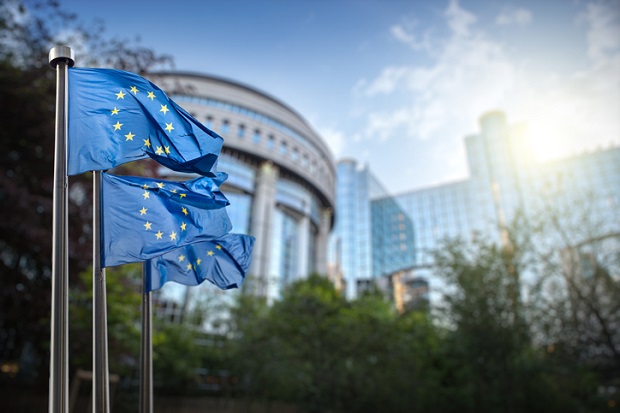After the DSA (Digital Services Act), make way for the DMA. The European Commission published, this Wednesday, September 6, the list of services that will be affected by the Digital Markets Act. As a reminder, the DMA introduces new rules for digital giants, acting as “access controllers”.
These “gatekeepers” are platforms that have a significant impact on the European internal market and benefit from “a solid and lasting position”. The DMA aims to ensure “fair and open” digital markets so that they do not use their dominant position to act as “bottlenecks” between businesses and end users,
Brussels has retained six players in this first list:
- Alphabet (parent company of Google)
- Amazon
- Apple
- ByteDance
- Meta
- Microsoft
Samsung has not been – for the time being – recognized as an access controller. In all, 22 services are concerned in the areas of social networks (TikTok, Facebook, Instagram, LinkedIn), instant messaging (WhatsApp, Messenger) or operating systems (Android, iOS, Windows). They are listed in the infographic below.

No Gmail or Outlook.com
Although Gmail, Outlook.com and Samsung Internet Browser meet the thresholds set by the Digital Markets Regulation, the Commission found that Alphabet, Microsoft and Samsung provided “sufficiently strong arguments” not to consider these services as access points.
Similarly, we will be surprised not to find in the list, Apple’s chat, iMessage and, as far as Microsoft is concerned, its Bing search engine, its Edge browser and its Microsoft Advertising advertising network. Brussels announces that it has opened market investigations in order to hear the arguments of the two American groups. If these services reach the defined thresholds, they would not be, in their eyes, “access points”.
A fifth investigation has been opened to examine in more detail the case of Apple’s operating system dedicated to its tablets (iPadOS). He should be designated as an access controller, “although he does not reach the thresholds”.
Winning lobbying from Microsoft and Apple
According to the Financial Times, Microsoft and Apple lobbied intensely – it seems to have won – to get their iMessage and Bing services off the list. Microsoft believes that its search engine is not as popular as Google’s, with less than 3% market share globally, and should therefore not be subject to the same obligations.
For its part, Apple argued that iMessage did not meet the threshold number of users required to comply with the DMA. Natively integrated into any iPhone, iPad and Mac, it would have around one billion users worldwide without Apple keeping detailed statistics, particularly in terms of geographical distribution.
The new regulations which will apply from March 6, 2024 provide for a set of obligations to be respected under penalty of financial penalties which may reach up to 10% of worldwide turnover and 20% in the event of repeated infringements.
Are concerned by the DMA, companies valued more than 75 billion euros on the stock market or achieving a turnover of 7.5 billion euros in Europe and having at least 45 million active end users and 10,000 companies users in the EU.
